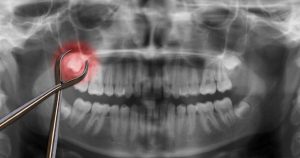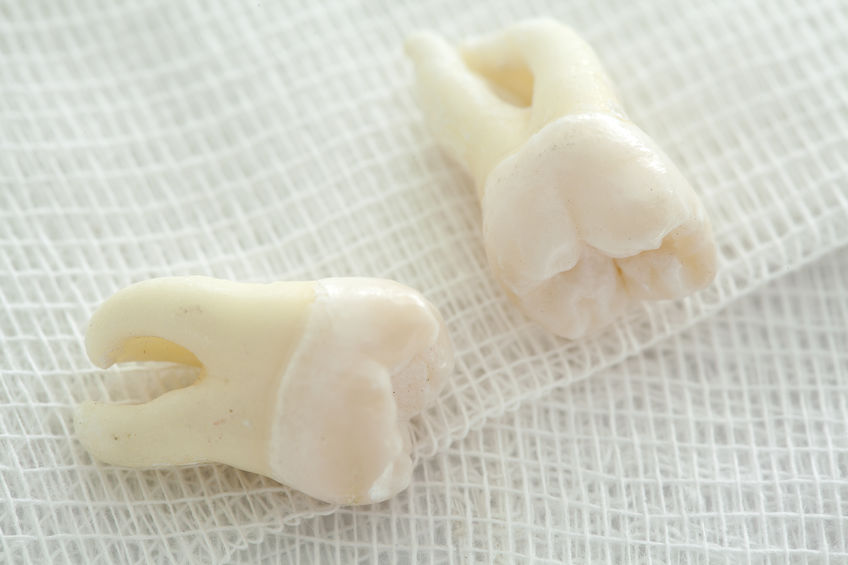Are you or a child experiencing wisdom tooth pain? This is the result of your final four molars trying to squeeze into a tight space already occupied by neighboring teeth. Ocoee Oral Surgery offers Wisdom Teeth Removal in Cleveland TN to alleviate that discomfort with the help of highly-rated and experienced oral surgeons. But if these teeth are notorious for the pain they cause, and their necessary removal, then why are they called “wisdom” teeth?
 Wisdom Hurts
Wisdom Hurts
There is no association between the teeth themselves and wisdom, of course. If there was, we would be more hesitant to remove them! No, the molars located the farthest back in the jaw are known in dentistry as third molars, but the public tends to refer to them by their nickname instead.
The name comes from the age when wisdom teeth tend to emerge. These are the last teeth to come in. While the rest of the teeth come in during childhood, wisdom teeth tend to break the surface anywhere from age 14 to 25. Since a person is older and presumably wiser when these teeth try to grow in, they were associated with wisdom gained from age.
Teeth Have History
Our jawbones have reduced in size since the time when wisdom teeth were functional for our ancestors. In modern times, we no longer have a need for wisdom teeth and they tend to be impacted. Because of the uncomfortable symptoms associated with their growth, they are removed.
Aristotle wrote about these teeth as early as fourth century BC in his History of Animals. There he states, “The last teeth to come in man are molars called ‘wisdom-teeth,’ which come at the age of twenty years, in the case of both sexes.”
Outstaying Their Welcome
Wisdom teeth don’t relate to wisdom, apart from people being wiser when these teeth grow in than when the growth of childhood counterparts takes place. Nonetheless, the name of these back molars seems to have lasted longer than the necessity of “wisdom” teeth themselves.
Our Cleveland oral surgery team is eager to assist with your wisdom teeth removal and help you to create a shining smile. Call (423) 479-8544 or email us at [email protected] to begin the process of alleviating wisdom tooth pain.













